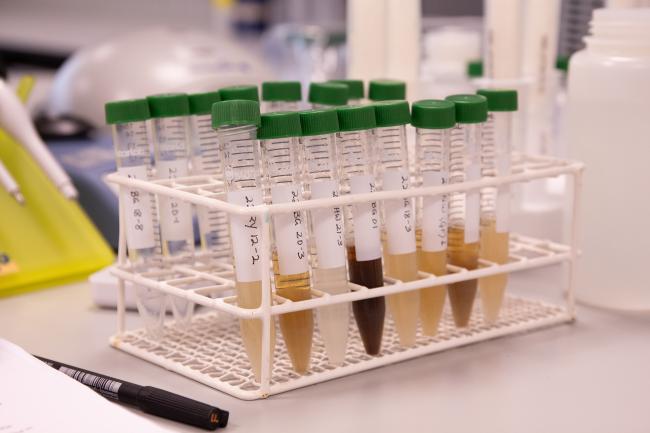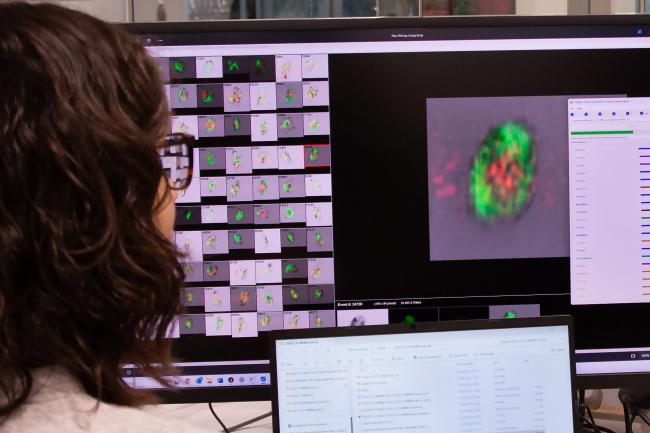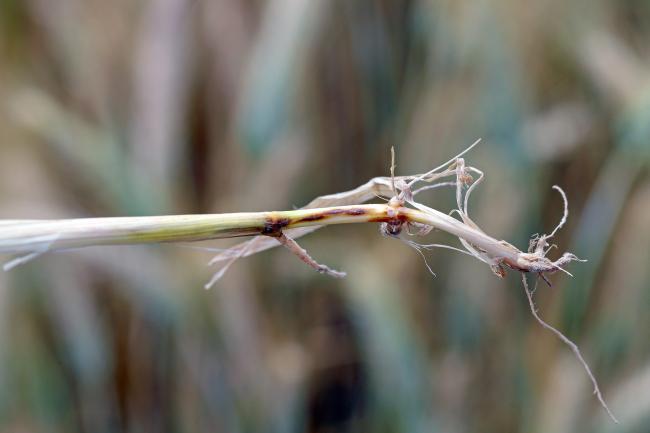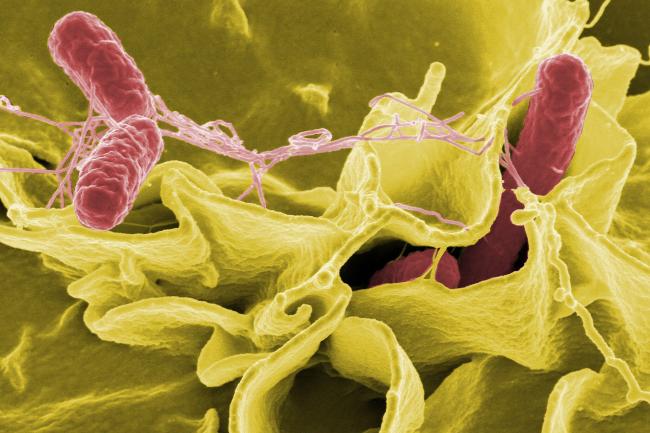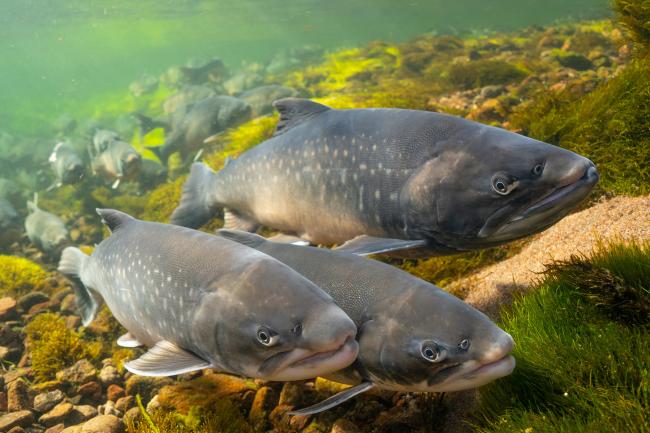
By assembling a genomic zoo, the Genome 10K community intends to gather a collection of DNA sequences representing the genomes of 10,000 vertebrate species; approximately one for every genus of vertebrate. With the current trend of cost reduction in DNA sequencing, the project is suggested to be achievable within the next few years.
Federica Di Palma, member of the Genome 10k steering committee and Director of Science at Earlham Institute (EI): “Capturing the genetic diversity of vertebrate species would create an unprecedented resource for the life sciences, for worldwide conservation efforts and food security.”
The Genome 10K conference at EI will bring together, zoologists, geneticists, genome scientists, technologists, and bioinformaticians from around the globe, who have pledged to facilitate the genome sequence and analyses of some 10,000 living species of vertebrates.
At this meeting, the G10KCOS will take stock of progress to-date and chart the course for the future. The conference will highlight advances under topics including Evolutionary Genomics, Conservation Genomics, Genome Informatics and Sequencing Technology; providing a space for researchers to explore common interests in special interest groups, as well as encouraging early-career scientists through provision of key skills through training workshop sessions.
EI engages with the initiative on a wider level, where our Director of Science, Prof Di Palma, and additional faculty collaborate on comparative genomic studies with a number of genome 10K investigators.
Prof Di Palma, added: “We at EI are thrilled to be hosting the next G10K conference, a key opportunity to gather the community together to talk about our collective strategy for the future of the project, and discuss routes to maximise the impact of the genomic data. This project has the hallmark of pushing the boundary of Next Generation Sequencing (NGS) and computational analysis, forging new and stronger international collaborations and, most importantly, making data accessible and reusable to the research community."
The growing Genome 10K Community of Scientists (G10KCOS) was founded by David Haussler, Oliver Ryder, and Stephen O'Brien, who launched the project in April 2009 at the UC, Santa Cruz.
Oliver Ryder, Director of Genetics at the San Diego Zoo Institute for Conservation Research, added: “This pioneering group is made up of leading scientists representing major zoos, museums, research centres, and universities around the world, dedicated to coordinating efforts in tissue specimen collection and large-scale sequencing and analysis projects that will revolutionise our understanding of the biosphere and contribute to species conservation efforts."
EI is strategically funded by BBSRC and operates a National Capability to promote the application of genomics and bioinformatics to advance bioscience research and innovation.
Watch the Genome 10k video to find out more about the ground-breaking project.



